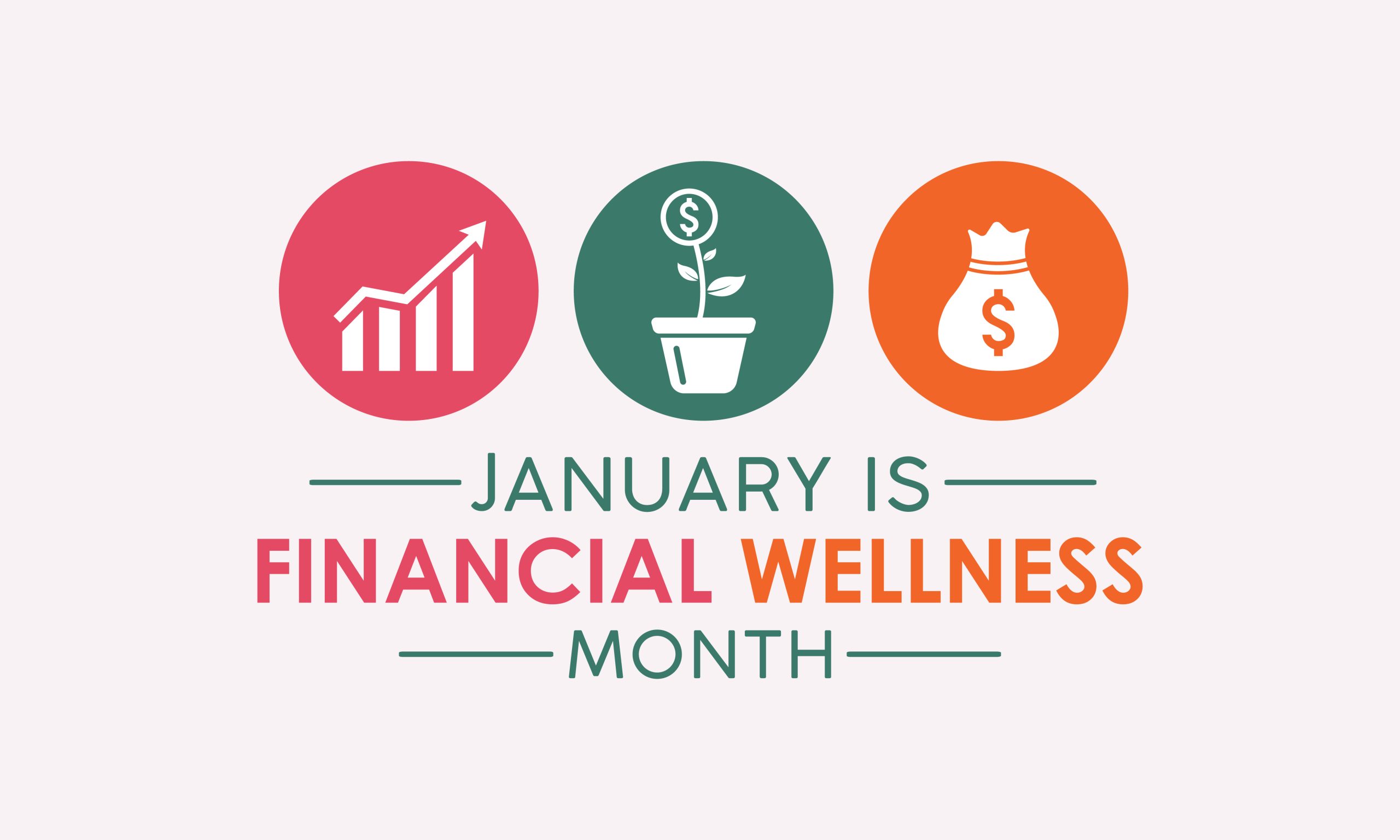Even in the best of times, life can throw a wrench into your financial planning. And for many people, these are not the best of times.
Other than a good cry, what are your options if you end up with more debt than you can handle? Maybe you’ve lost your job and can’t pay the rent or mortgage; perhaps you encountered a medical problem, and the bills keep pouring in; maybe you went overboard on your spending, and the credit card bills are out of control. And, of course, COVID-19 has created a financial disaster for many families. All these reasons and more are all-too-common scenarios. They can be dangerous to your financial well-being, as well as your emotional and physical well-being, but there are proactive steps you can take to climb out of that debt hole.
Among the options available are debt restructuring, debt consolidation, and debt management plans. If all else fails, you may be forced to declare personal bankruptcy. All these options provide a way to get to the other side of the financial dumpster fire you’re facing, but they also come with risks and flashing lights.
Act Now if You Know You Are in Debt
One thing you want to avoid is falling into a financial death spiral, where missed payments and debts keep climbing as you incur interest and penalties on top of the debt you already have. This can lead to a sharp drop in your credit score, and in some cases, lenders can seize the collateral used to secure your debt, such as your home or automobile.
The key to avoiding that happening is approaching your lender before missed payments and additional debts begin to pile up. It may come as a surprise to many borrowers and consumers that lenders are often willing to negotiate with you on everything from credit card debt to home mortgages.
Debt Consolidation
If you are not yet in financial distress but face a short-term problem, your first option might be debt consolidation. That will give you more favorable terms to pay down what you owe. The idea is to take several credit card balances and combine them into one monthly payment at a lower annual percentage rate (APR), making your payments more manageable. In effect, you are replacing old debt with new debt, hopefully on more favorable terms. This option is mainly available to consumers who have a good credit history.
Many people have taken advantage of low-interest rates to refinance home mortgages and lower their monthly payments. Debt consolidation can have the same effect.
Under the consolidation umbrella, you can also consider tapping your home equity or 401(k) retirement savings. Again, those options come with potential penalties and fees, risks, and trade-offs, so consider them carefully before cracking open that part of your financial nest egg. If you use a Home Equity Line of Credit (HELOC), you can get a low-interest rate and a long time to pay it off but remember – you can lose your home if you default on those payments.
Restructure Your Debt
The next option is to restructure your loan. Your lender might be willing to provide temporary hardship relief. This gives you the opportunity to negotiate with the lender to wipe out part of your debt if you agree to a plan to pay less than the full amount. Debt restructuring provides better terms that make it easier to pay off loans by lowering your monthly payments. This approach is likely to ding your credit score, which could make it harder to buy a new car or get a mortgage for the next few years.
Some people use a professional, such as a debt counselor, to do the negotiating. They can serve as a professional intermediary and negotiate on your behalf. In the best case, they can work out a plan to reduce how much you owe and negotiate a payment plan to pay off your entire debt. Most reputable credit counselors are non-profit, but the Federal Trade Commission warns that “non-profit” status doesn’t guarantee that services are free, affordable, or even legitimate. Some credit counseling organizations charge high fees, which they may hide; others might urge their clients to make “voluntary” contributions that can lead to more debt. The FTC says reputable credit counseling organizations are trained and certified. A good credit counselor can guide you through the process, but beware: there are plenty of scammers out there who are more interested in their bottom line than in yours. Check out the ads for personal loans. They can be as low as 6% or as high as 20%. Don’t sign up for anything until you thoroughly review the plan or have an outside expert do so with you.
Be Proactive When Dealing with Debt
The total amount of debt outstanding across the country, including student debt, auto loans, and credit cards, has soared as the pandemic-induced recession wears on. According to the Federal Reserve, total household debt in the third quarter of 2020 soared 5.6% from the second quarter to $16.4 trillion. Millions of Americans who lost their jobs during the pandemic are running out of resources. According to Moody’s Analytics, 12 million renters will owe an average of $5,850 in unpaid rent and utilities by January 2021. Moody’s estimates that unpaid rent will total $70 billion by the end of 2020, and many economists and consumer advocates warn the situation is likely to worsen in 2021.
Whichever option you choose to get out from under the burden of debt, you need a proactive plan, and you need to understand the process can be painful. However, done right, the long-term outcomes are very favorable. There is no one-size-fits-all approach. It’s advisable to speak with a financial planner to help guide you through the benefits and pitfalls and determine which option is best suited for your situation.
These problems cut across almost all demographic categories. People nearing retirement feel boxed in. They may be falling further behind, yet they may not be able to use some of the plans outlined in this article because they don’t want to extend loan repayment plans into their retirement years. At the other end of the scale, the Pew Research Center reports that more than half of young adults live with their parents. That’s the highest level in more than a century!
Whichever route you choose, the intent is the same: make your debt-load more manageable. Even though your current situation may be due to problems outside of your control, you will need to exercise financial self-discipline to pay off your debts. Remember, it’s important to act sooner rather than later before your debt crisis becomes even more dire.



